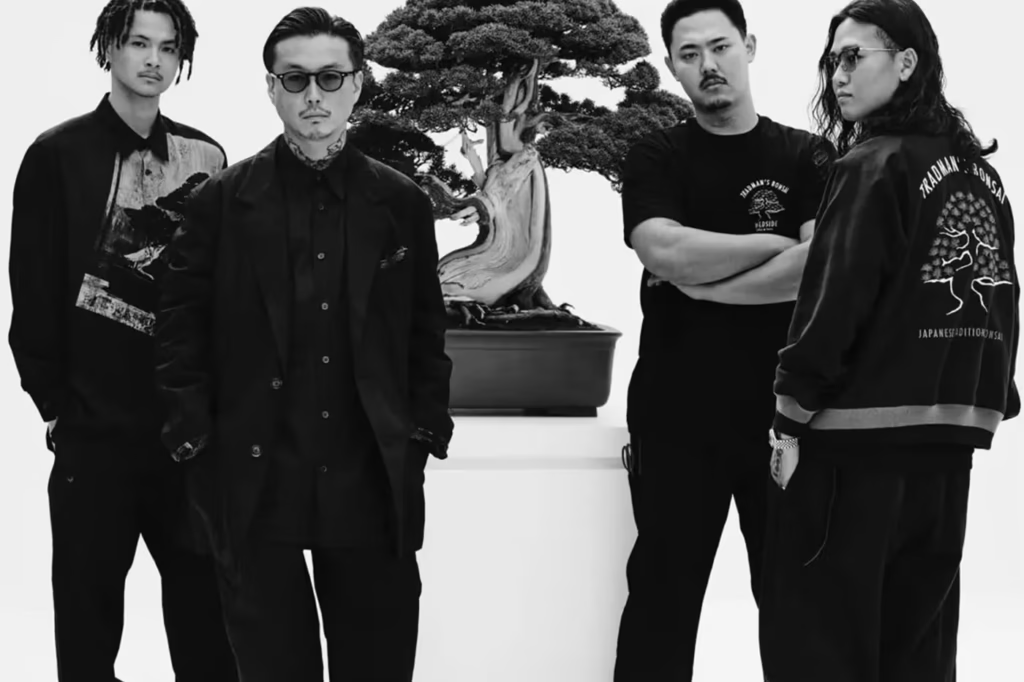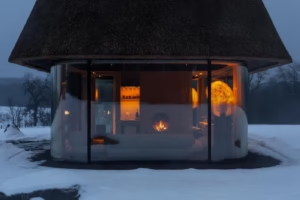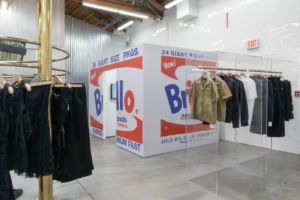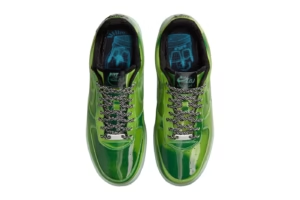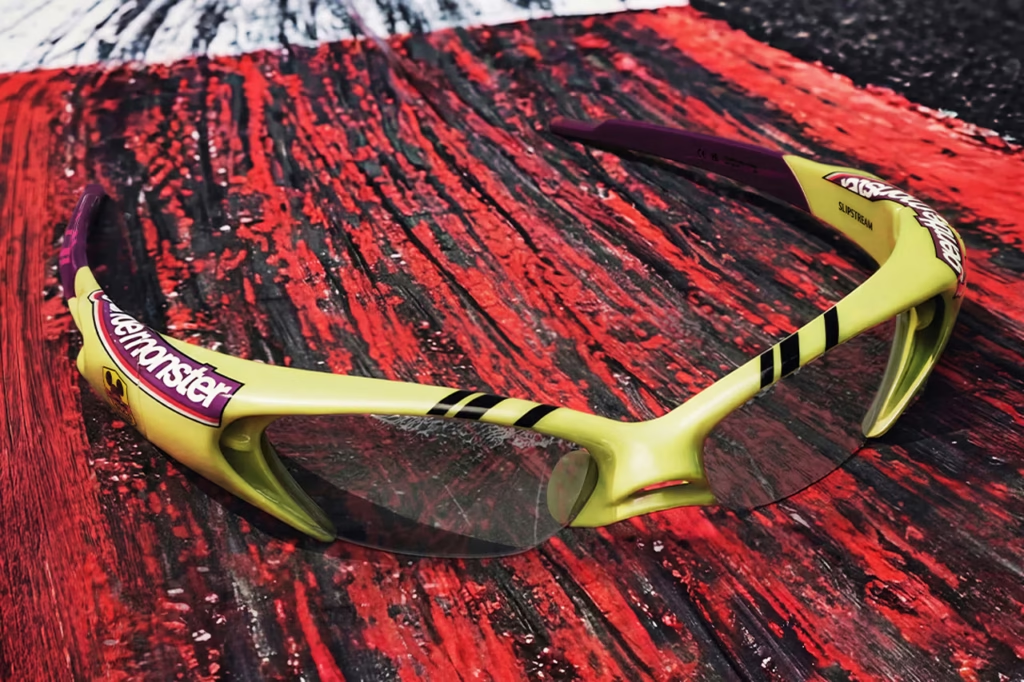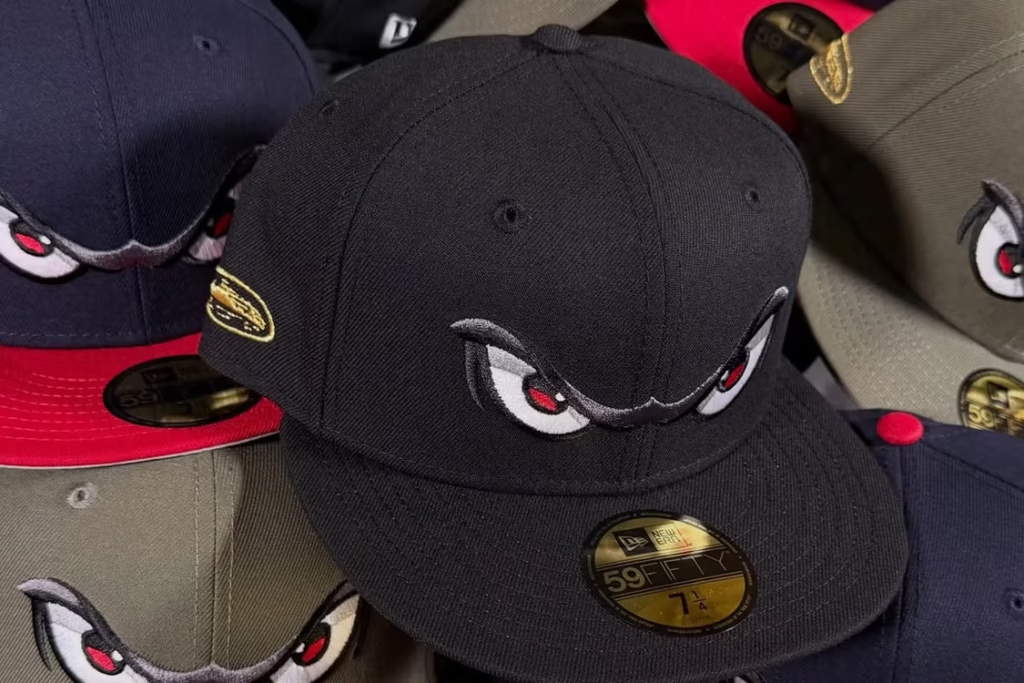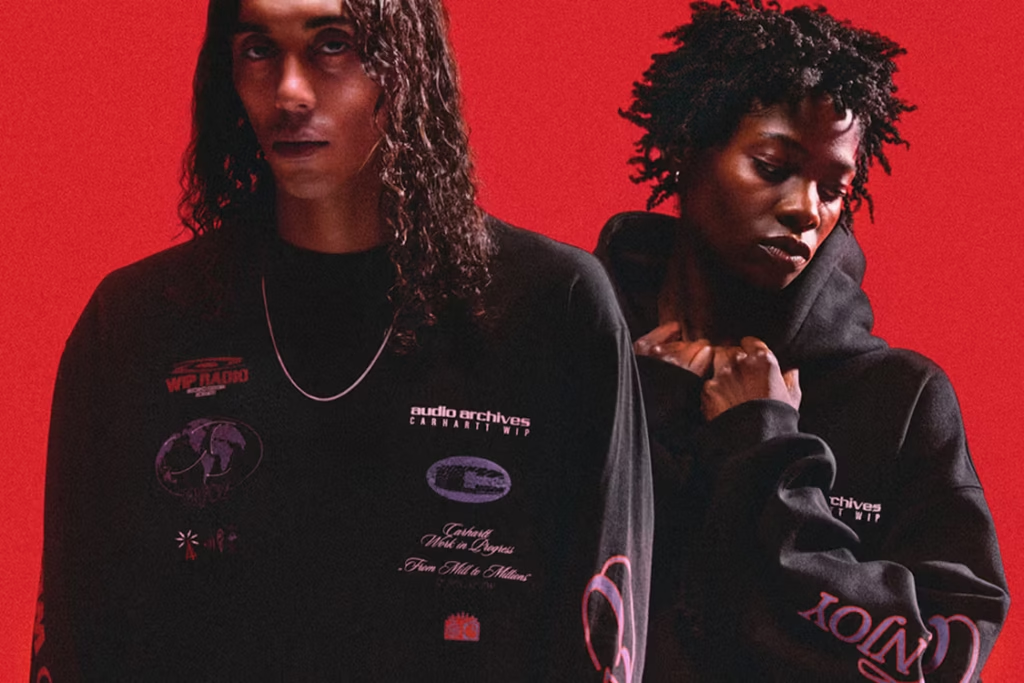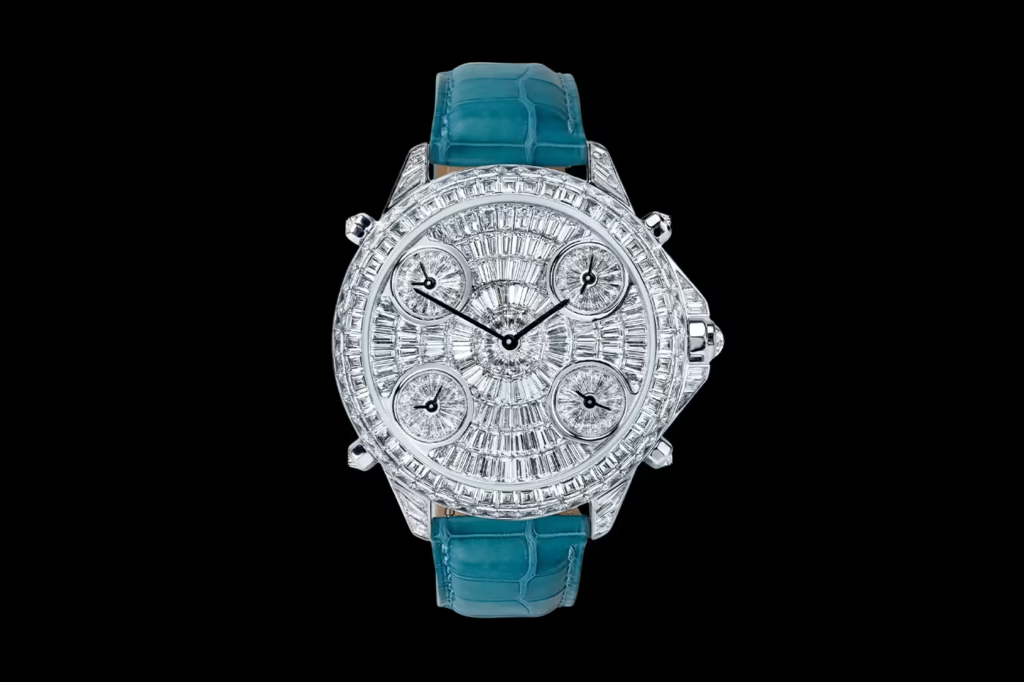From LA Dreams to Paris Reality
Mike Amiri debuted his latest runway collection in Paris this season, continuing to evolve his cinematic vision of Hollywood glamour, sex appeal, and nostalgia. But while Paris played host, his heart—and his home—remains in Los Angeles.
Just weeks before the show, Amiri and his family were among the thousands evacuated due to LA’s devastating wildfires. “We were fortunate,” he says. “Our house was spared.” The experience, he notes, reinforced a sense of unity in the city: “Everyone was checking on everyone. That is the best of LA. And, you know, LA is where you build things, and you dream. So now we will dream and rebuild.”
The Making of a Modern Fashion House
Founded in 2014, Amiri’s brand has grown from a three-person team in a basement to a $300 million global business. With 300 employees across LA, Milan, and a growing network of retail locations (expected to reach 30 stores by the end of 2025), the growth is impressive—but it’s just the beginning.
“I don’t see Amiri as a one-year brand or a 10-year brand,” he explains. “I see it as a 100-year brand.” That long-term mentality informs everything from design to distribution. “Where do we progress, where do we evolve, how do we diversify?”
A Return to Womenswear and Eyewear with Edge
Part of that evolution includes the return of womenswear to the runway, currently accounting for 15% of the brand’s revenue. Amiri is also debuting a line of Japanese-made eyewear. “Very Jack Nicholson,” he says, as he slips on a pair of yellow-lensed aviators.
The eyewear isn’t just product—it’s prophecy. “We’re going to have global eyewear distribution one day, so let’s build the fundamentals for that,” he shares. Fragrance and cosmetics are also on the horizon.
Strategic Partnerships and Retail Expansion
In 2019, Renzo Rosso’s OTB Group acquired a minority stake in Amiri, helping supercharge the brand’s global reach while keeping its independence intact. “If anything, it’s helped me dream bigger,” says Amiri of the partnership.
The following year, Amiri made history as the first American luxury fashion brand since Tom Ford and Ralph Lauren to open on Rodeo Drive. “Doing the top 10% of our entire block’s business was proof of concept. The formula works.”
From Skater Kid to Couture Tailoring
A Beverly Hills skater turned underground rock designer, Amiri first gained traction in the music world creating custom looks for legends like Axl Rose and Justin Bieber. “I still have the original cutting tables and mannequins,” he laughs. “Everything is still there.”
Though rooted in streetwear and counterculture, Amiri has embraced a new phase marked by tailoring and sophistication. “We didn’t know we could do tailoring until we really committed to it,” he says. In 2024 alone, the brand delivered 100 custom red carpet looks.
Manufacturing in Milan, Soul in LA
While much of Amiri’s denim and jersey is still produced in LA, a newly signed 26,000-square-meter space in Milan’s Brera district will now anchor sourcing and manufacturing for fine tailoring, accessories, and knitwear.
“You can’t replicate LA’s soulfulness,” he says. “But when you’re talking about luxury at scale, you need to be at the source.”
A Legacy Rooted in Family and Culture
This season’s collection draws inspiration from Amiri’s Iranian-American upbringing. Recently, while flipping through old family photos, he found images of his father in 1970s Hollywood. “It felt funny seeing your dad and thinking, ‘Wow, he was cool,’” he shares. That generational link between past and present Hollywood informed the mood and styling of the collection.
The show’s immersive set pays homage to LA landmarks like Jumbo’s Clown Room and Formosa Cafe—inviting guests not just to observe the collection but to experience the world Amiri is creating.
Designing Beyond the Present
More than a collection, Amiri’s work is an act of world-building. “That’s why I use the 100-year marker,” he explains. “You want to create something so complete, where the identity is so authentic and true to itself, that it can live beyond you.”
As Mike Amiri looks ahead to the 22nd century, he’s doing more than just fashion. He’s crafting a cultural blueprint for what the next era of American luxury can look—and feel—like.



